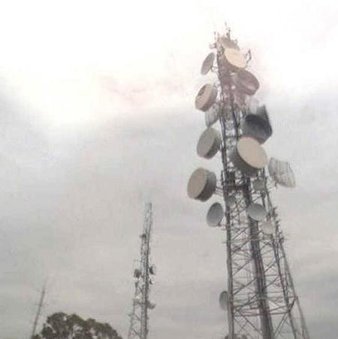I spent the five happiest years of my life in a morgue. As a forensic scientist in the Cleveland coroner’s office I analyzed gunshot residue on hands and clothing, hairs, fibers, paint, glass, DNA, blood and many other forms of trace evidence, as well as crime scenes. Now I'm a certified latent print examiner and CSI for a police department in Florida. I also write a series of forensic suspense novels, turning the day job into fiction. My books have been translated into six languages.
Wow, that’s a tough question! I’m not sure I could come up with ten.
That depends on the kind of forensic evidence.
There have been a few cases in which I testified where the defendants were found not guilty, and I was fine with that. In some there simply wasn't sufficient evidence, in one it was clearly self-defense, in two the defendants were charged with murder and I figured it should have been manslaughter. But that's why we have a jury system, and they did a good job.
Yes, I love true crime. I read pretty much the entire section of the downtown branch of the Cleveland Public Library while I was a secretary before I got into forensics. The books I write are fiction but I'd love to write true crime.
Rap Promoter / Manager
 Do rappers ever stage beefs with each other as a PR stunt?
Do rappers ever stage beefs with each other as a PR stunt?
Casino Dealer
 How do you prove that someone is card-counting?
How do you prove that someone is card-counting?
Radio program/music director
 What's your take on the whole Don Imus racism scandal?
What's your take on the whole Don Imus racism scandal?
Departments have access to larger (county, state, sometimes federal) fingerprint databases, though it's still not like you see on TV. DNA analysts can now obtain a profile from 'touch DNA', someone simply touching an object. And video surveillance systems have become commonplace but also much easier to use with better clarity.
Yes.
I'm not sure what you mean by post certified?
-OR-
 Login with Facebook
Login with Facebook (max 20 characters - letters, numbers, and underscores only. Note that your username is private, and you have the option to choose an alias when asking questions or hosting a Q&A.)
(A valid e-mail address is required. Your e-mail will not be shared with anyone.)
(min 5 characters)
By checking this box, you acknowledge that you have read and agree to Jobstr.com’s Terms and Privacy Policy.
-OR-
 Register with Facebook
Register with Facebook(Don't worry: you'll be able to choose an alias when asking questions or hosting a Q&A.)